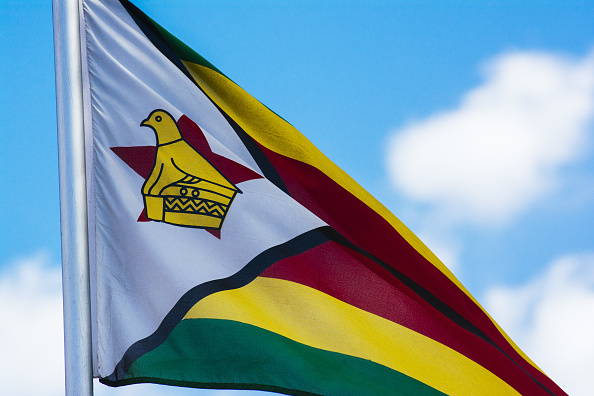Harare – UN experts on Tuesday signalled deep concern over new legislation in Zimbabwe that they say will “severely restrict” the activities of civil society groups, urging President Emmerson Mnangagwa to not ratify it.
The Private Voluntary Organisations (PVO) Amendment Bill, approved by parliament on February 1, bans civil society organisations from engaging in politics.
It also allows the state to intervene in the governance and activities of charities and other civil groups, such as making changes to their internal management and funding.
“By enacting this legislation, authorities would effectively be closing an already shrinking civic space,” a group of United Nations experts said in a statement.
The law awaits the president’s signature.
Zimbabwe in its capacity as Vice Chair of the United Nations Committee on Non Governmental Organizations (CNGOs), participated at today’s regular session of the Committee. Deputy Permanent Rep of Zimbabwe to the UN, Petronellar Nyagura is seen here with other Committee members.
— Mission of the Republic of Zimbabwe ?? to the UN (@zimbabwe_un) February 14, 2023
Zimbabwe’s government says the bill will enhance financial accountability in the sector and prevent money laundering and terrorism.
But the four UN experts said “the restrictions contained therein will have a chilling effect on civil society organisations – particularly dissenting voices”.
The experts, appointed by the United Nations’ Human Rights Council, “expressed deep concern” that a newly established registrar for civil society organisations “provides for disproportionate and discretionary powers”.
“It is not too late for the president to change course,” the experts said, offering assistance to “revise” the law to ensure it complies with international human rights standards.
The experts also raised concerns “about the prohibition of any ‘political affiliation’ and unjustified restrictions on PVOs ability to obtain funding, including foreign funds”.
ALSO READ | Zimbabwe approves law targeting civil society
Rights groups and opposition parties have denounced a government clampdown on dissent as the country heads towards general elections later this year.
Violators of the law would risk up to a year in jail and the closure of their organisations.
Mnangagwa, who replaced the strongman ruler Robert Mugabe in 2017 after a military-led coup, faces widespread discontent as he struggles to ease entrenched poverty, end chronic power cuts and curb inflation.
Follow African Insider on Facebook, Twitter and Instagram
Source: AFP
Picture: Getty Images
For more African news, visit Africaninsider.com


